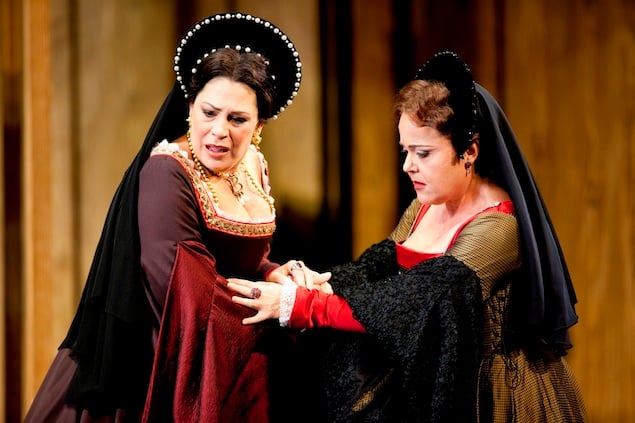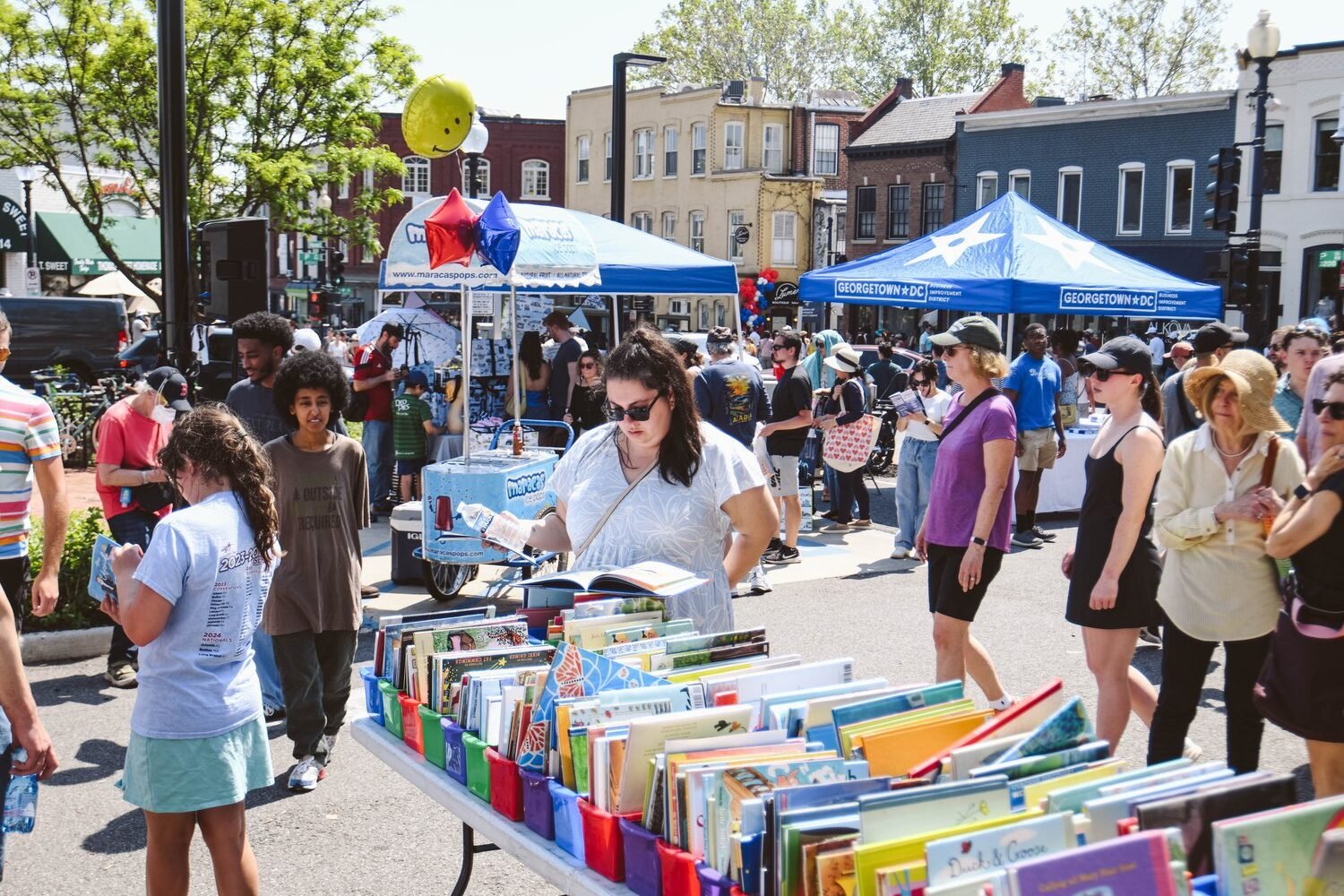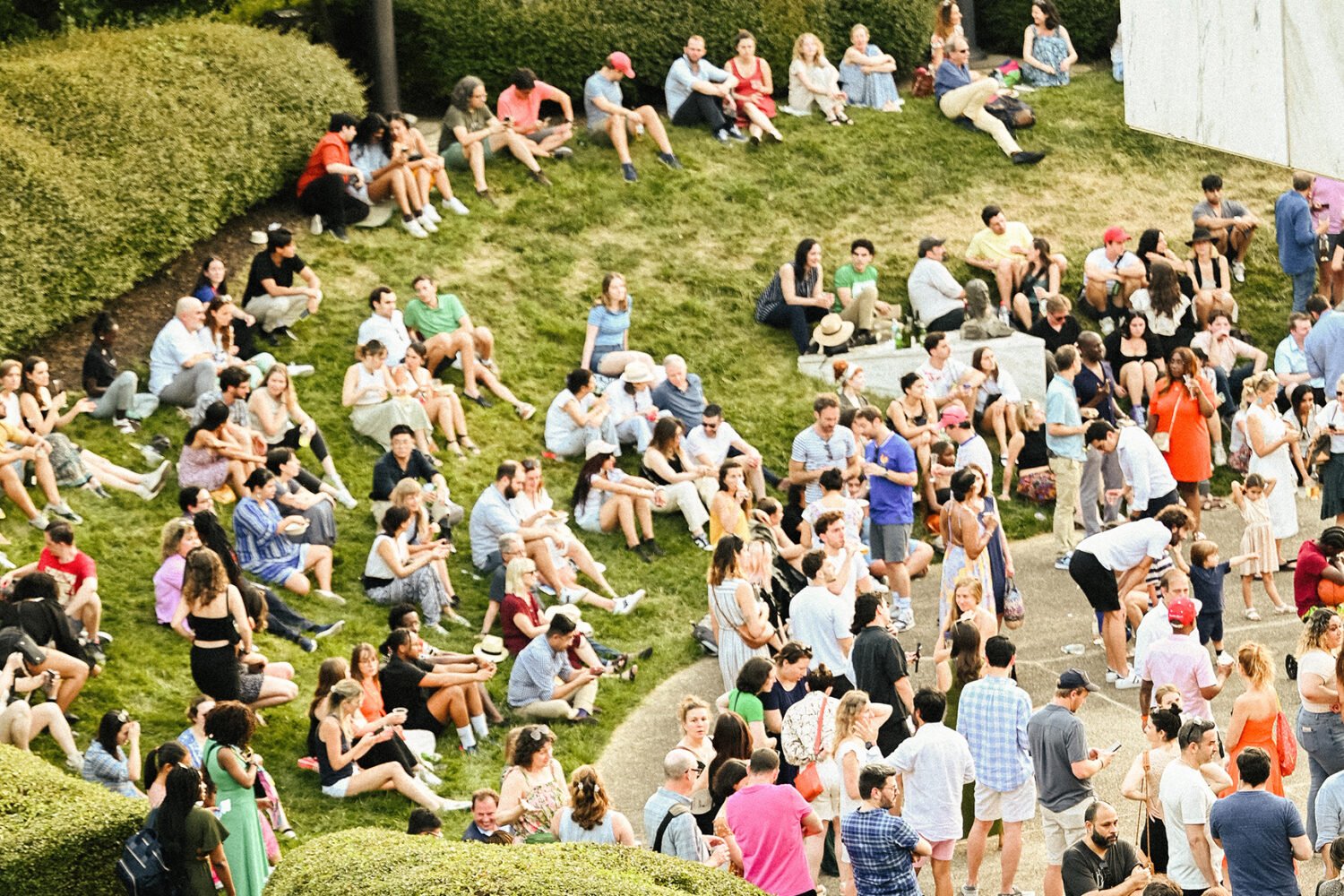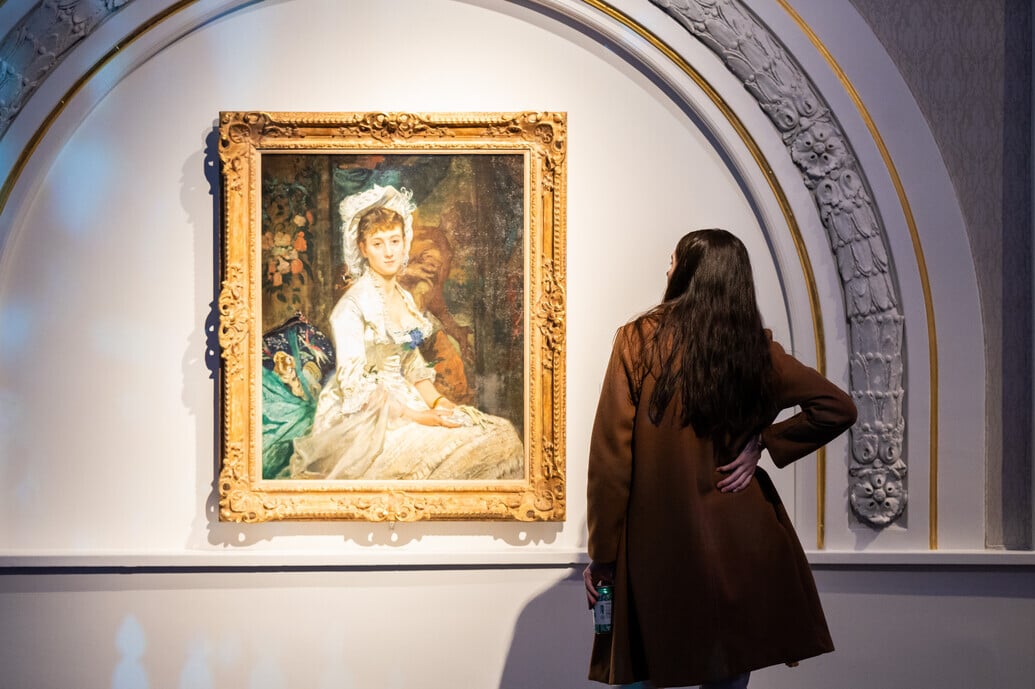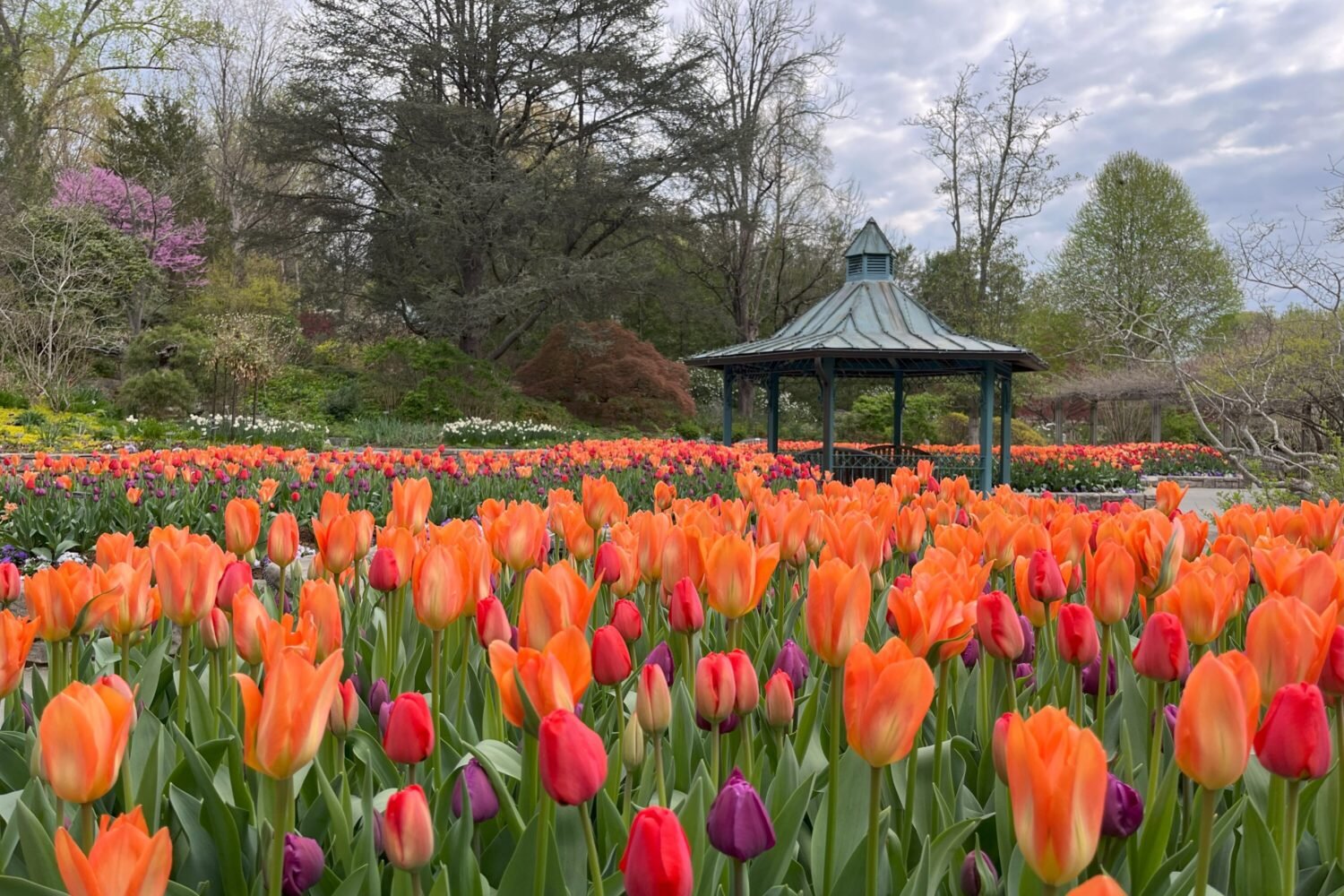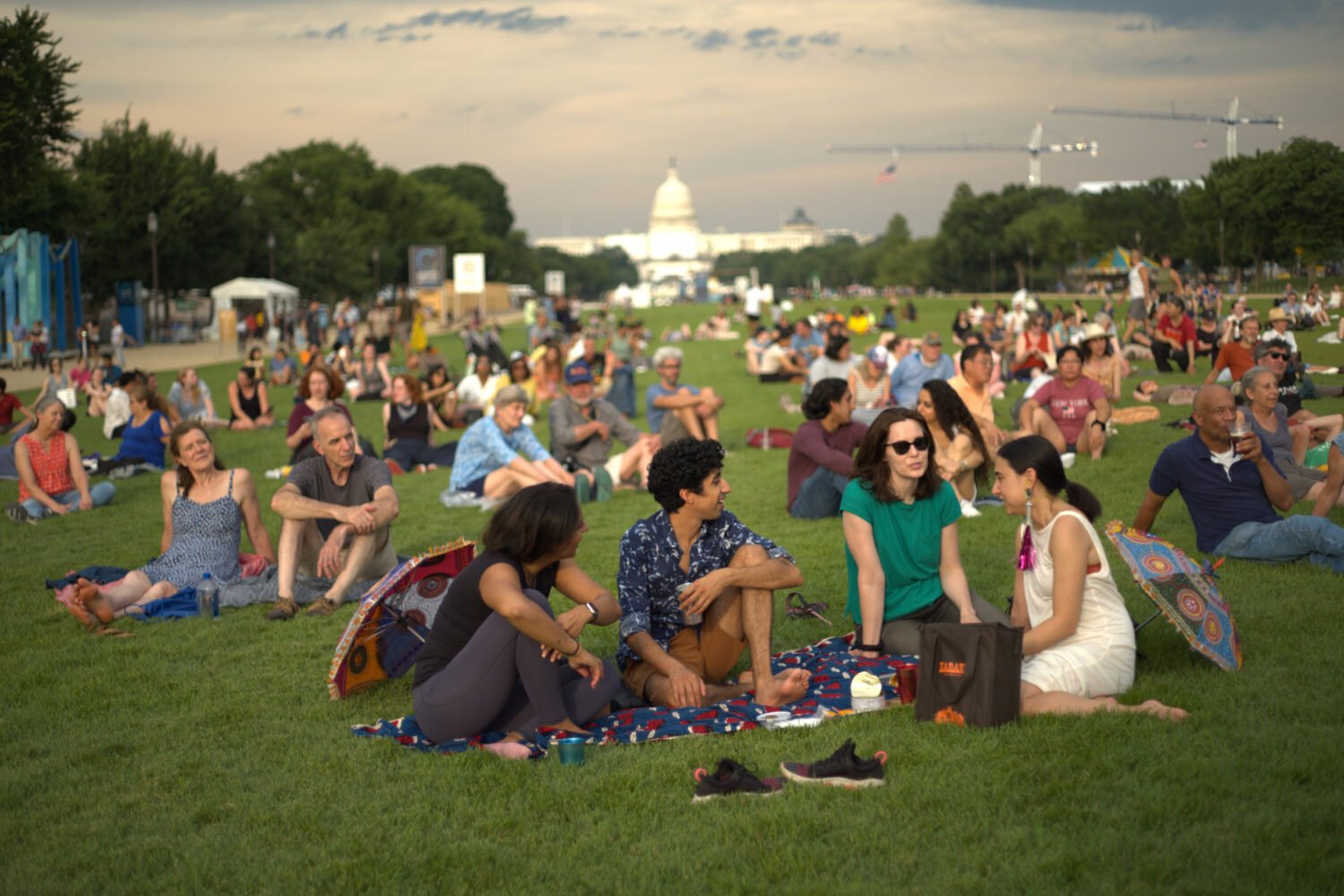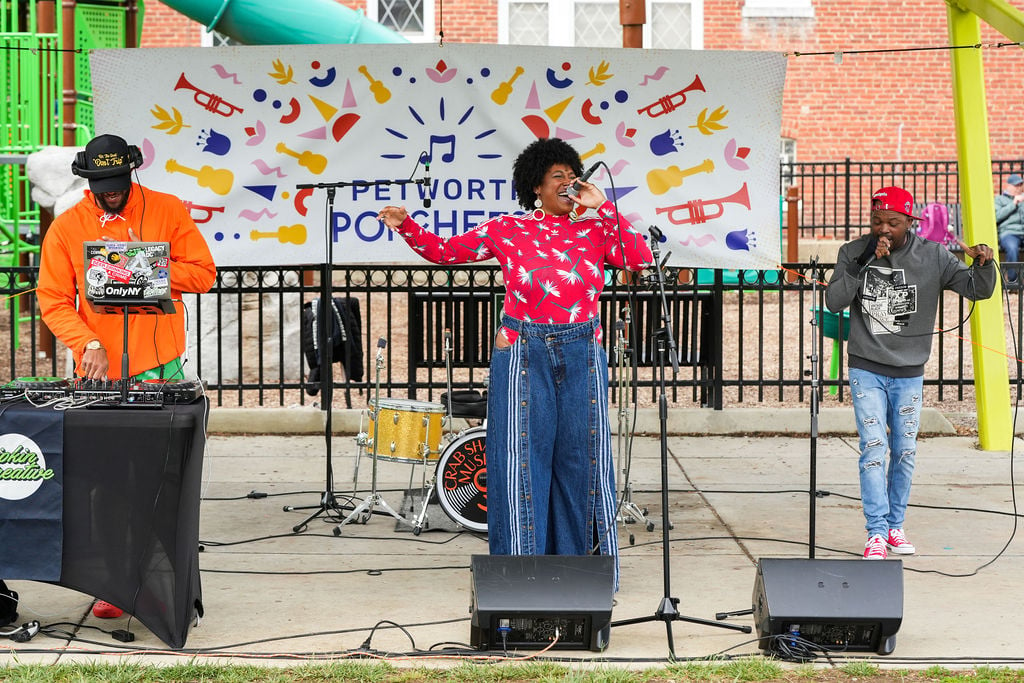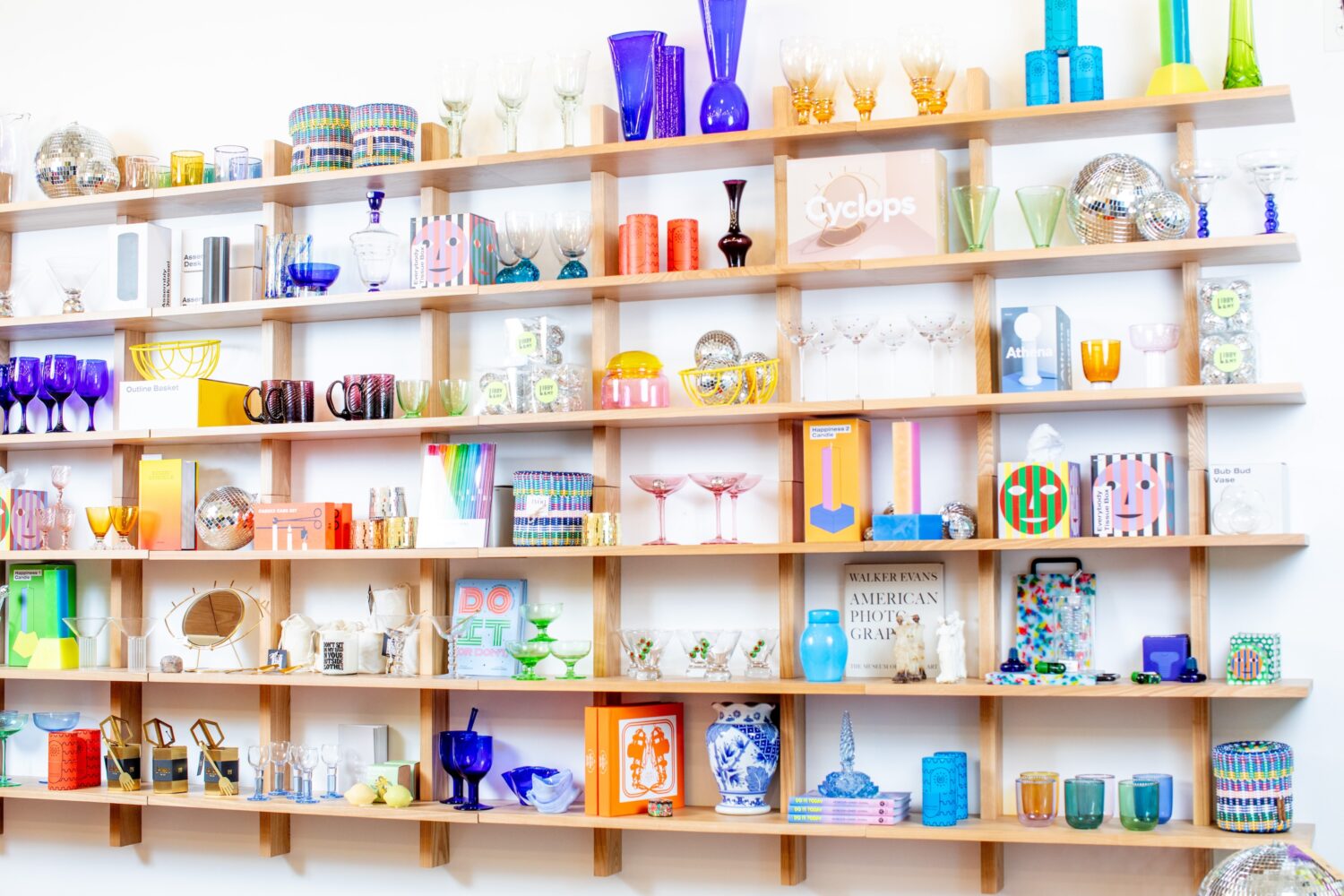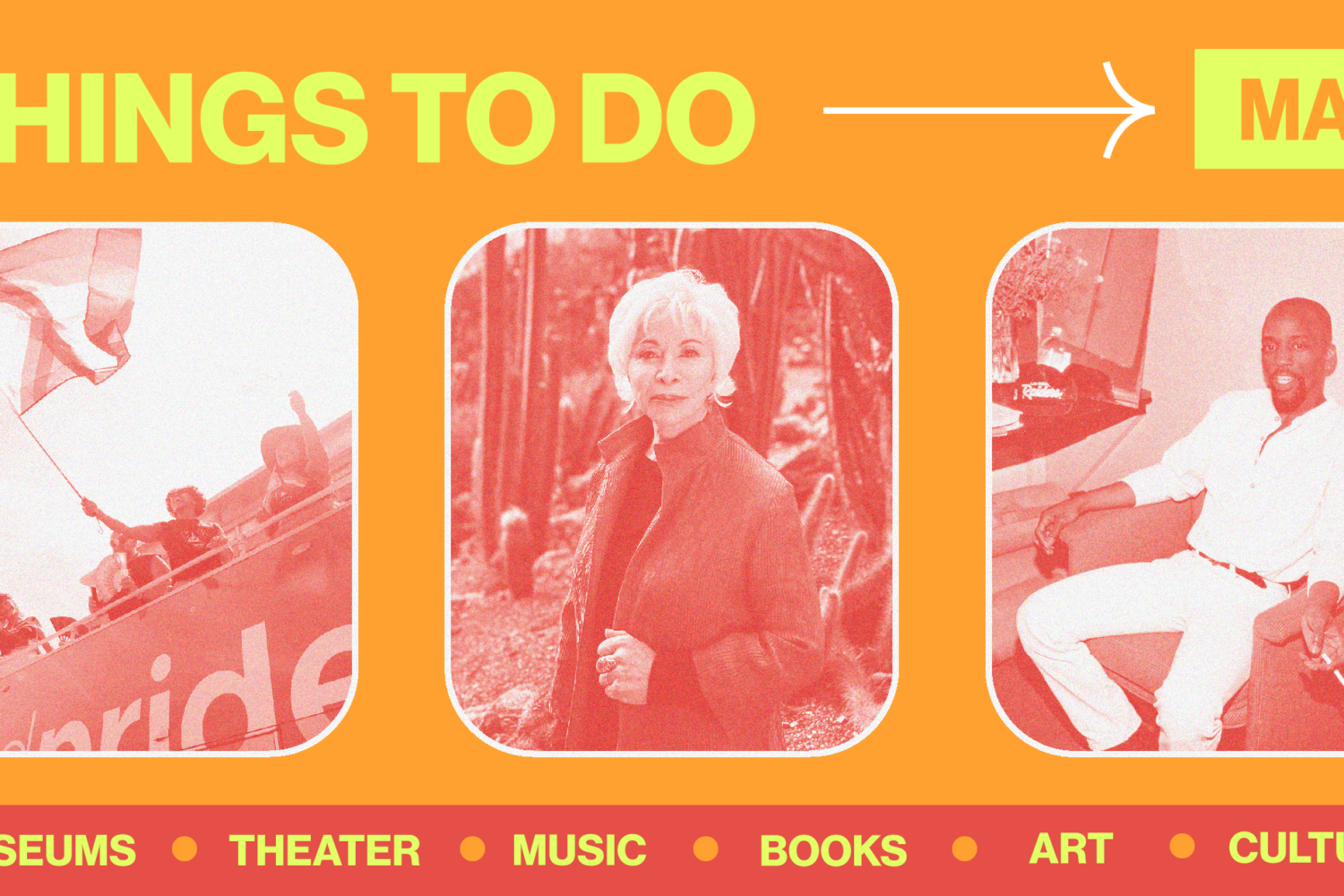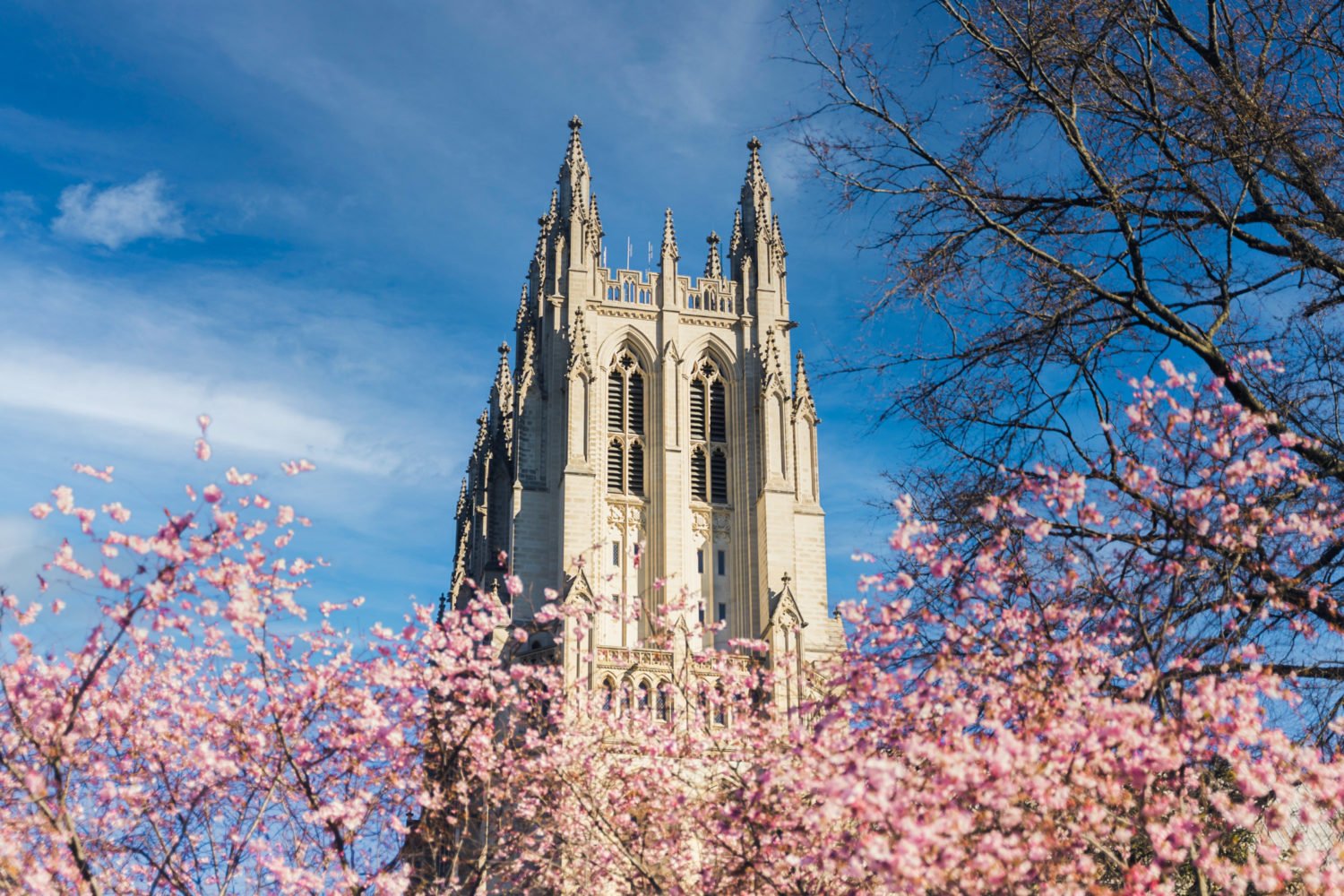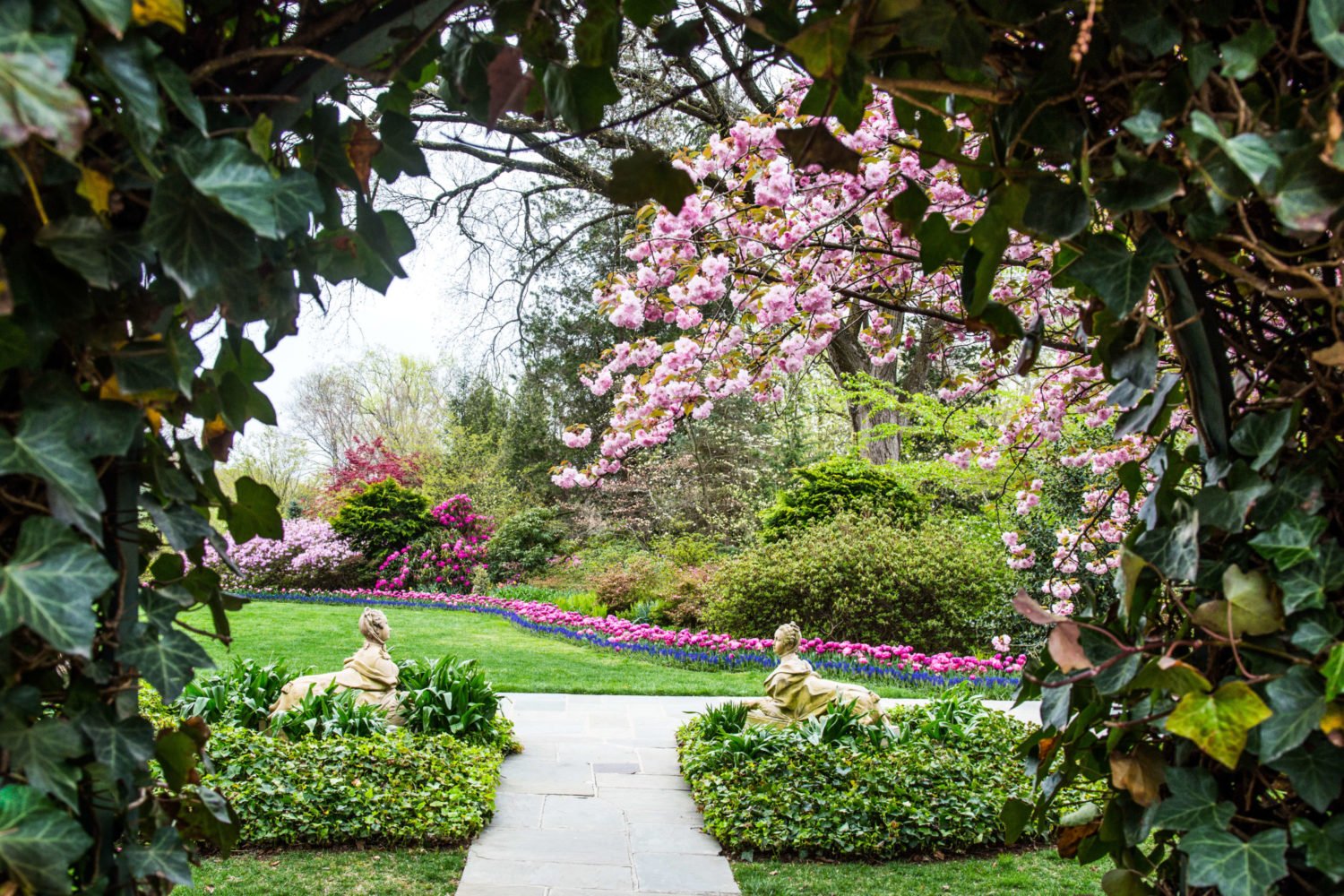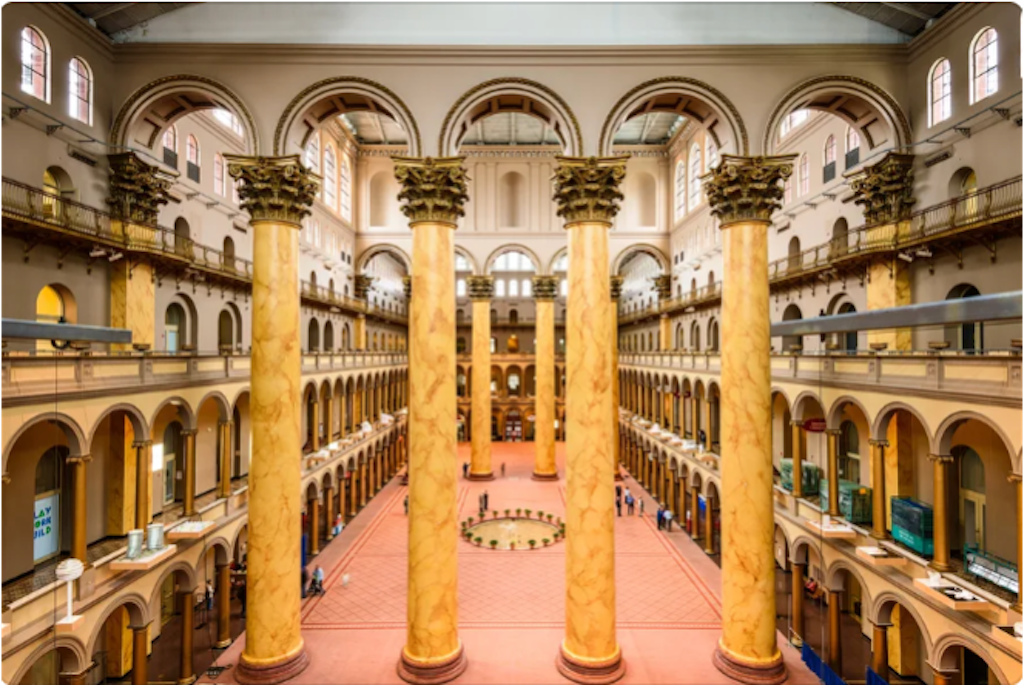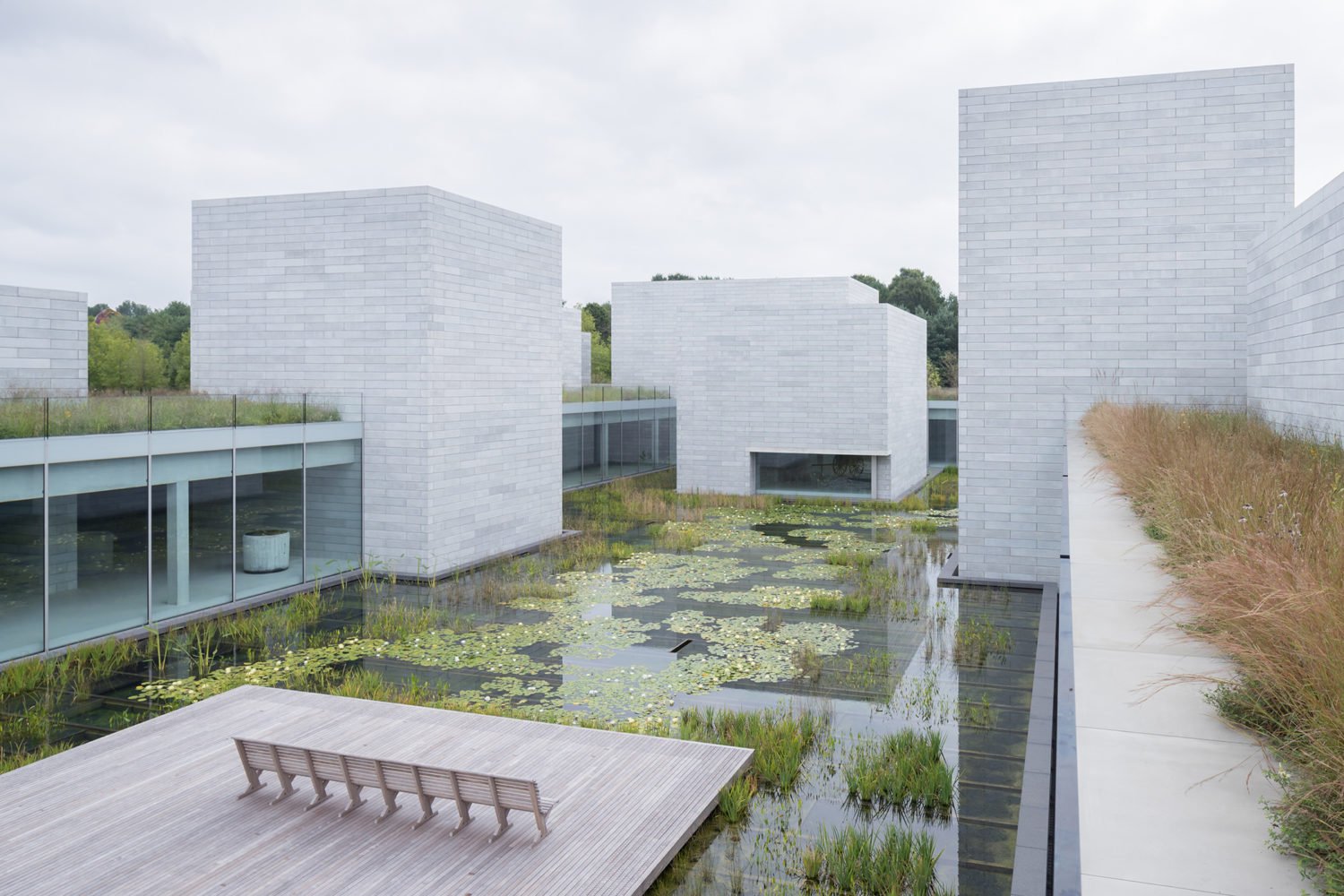Saturday night’s season-opening performance of Gaetano Donizetti’s
Anna Bolena was a reminder that you don’t need clever updating, heavy-handed symbolism, or change
for the sake of change to create a memorable night at the opera. Not that I’m against
refreshing the classics. When a company’s repertoire resides in conservative terrain—as
the Washington National Opera’s does—chances must be taken from time to time. Yet
here was a traditional staging of a bel canto icon, with period costumes and tasteful
sets that took full advantage of the elements of light, shadow, and darkness. There
was no overtly political message, no attempt to link the historical text to some burning
crisis of our time. Is it a coincidence, then, that the focus of this night was entirely
on the acting and the singing? And what singing, especially by soprano
Sondra Radvanovsky in the title role! It was, in short, one of the most satisfying, visually splendid
productions I’ve seen in years.
Anna Bolena was Donizetti’s 31st opera (an astonishing number, all the more so for the composer
having been just 33 years old when he wrote it; he would go on to compose about 40
more). And the role of Anne Boleyn, the tortured, tormented English queen cast aside
by Henry VIII, is tricky—not just because the leading soprano must combine lyrical
beauty with a febrile virtuosity, but also because of the dramatic problems the part
poses. From the first chorus, we know that Anne is doomed, that Henry has turned his
attentions to Jane Seymour, and that it’s just a matter of time before the king sends
Anne off to her beheading. There’s no tragic arc, no rise and fall—just one big spectacular
plunge. For this reason, any singer has to bring a certain complexity to Anne’s character,
underscoring her conflict and uncertainty, in order to sustain more than two and a
half hours of drama. This Radvanovsky did marvelously.
Vocally, she was stunning, especially in the upper register. Some singers conserve
their energy at the outset of a piece, intent on growing into a role gradually. Not
Radvanovsky. From her first notes, her voice—by turns earthy and dusky, noble and
brilliant—bossed this performance. And though there were plenty of fireworks, her
virtuosity was always in service of her art; even the filigree had depth. Her voice,
perhaps too big for a role such as Anne Boleyn, might seem better suited for the heroines
of Verdi and Puccini (which she has played to great acclaim). But for me, the shades
of darkness and the slightly heftier sonorities amplified the sense of tragedy in
this work, imbuing the doomed queen with gravitas.
Donizetti created a rivalry for the ages in this opera, and yet the contest between
Anne and her rival, Jane Seymour, played by mezzo-soprano
Sonia Ganassi, was really no contest at all. Ganassi, a bit breathless at first, was impassioned
and heartfelt throughout and sang very well indeed, but in those scenes shared by
Anne and Jane, so fraught with tension and competition (for example, the splendid
second act duet in which Jane confesses that it is she whom the king now favors),
it was Radvanovsky who dominated. She pushed her voice to the edge, treading dangerously
close here to losing control. When she acknowledged to Jane, “You are my rival,” you
could see the first signs of delirium setting in. And though the queen forgives Jane
here, assessing blame for her plight to Henry instead, Radvanovsky’s beneficence was
intentionally cloudy. She sang not to her rival, but away from her, making the offer
of forgiveness seem almost disingenuous—a marvelous touch.
The rest of the cast was solid: mezzo-soprano
Claudia Huckle tender and convincing as Smeton, bass
Kenneth Kellogg sturdy and affecting as Rochefort. Tenor
Shalva Mukeria, playing Percy (Anne’s first love, returned to the realm from exile), was tentative
at first but grew in stature, displaying a rich palette of tonal color. As for bass
Oren Gradus, most people in attendance will only remember his final, horribly cracked note, but
he did give depth to his portrayal of King Henry, displaying the vulnerability beneath
the bravado, even if his voice couldn’t quite cut through the orchestra at times.
The ensemble singing was magnificent—especially the great melodramatic sextet that
closes act one—and though the chorus had little to do for the most part, its sopranos
and altos were responsible for one of the most moving moments of the evening: singing
plangently in the second act, their modulation to a major chord at the end of the
number coming as a naked shock, so haunting were the previous minor passages. Conductor
Antonello Allemandi, in his Washington National Opera debut, conducted a measured, stately performance,
but the musicians need more time with their parts, with too much sloppiness on display
(this lack of polish was most glaring in Anne’s act two prayer, botched by some flubbed
notes from the French horns).
But no matter. This was Radvanovsky’s night, and I’ll remember it for her exquisite,
visceral performance. By the time she commanded the stage alone for her concluding
“mad scene,” the soprano may have lost a touch of her vocal power—a consequence of
having gone full-throttle for the duration—but her descent into madness was entirely
convincing, filled with pathos, nostalgia, confusion, and delusion. It was, to say
the least, an absolutely gorgeous and thrilling meltdown.
Anna Bolena
plays through October 6 at the Kennedy Center Opera House. Running time is about 3
hours and 15 minutes, including a 20-minute intermission. Tickets ($25 to $330) are
available via the Kennedy Center’s website.

